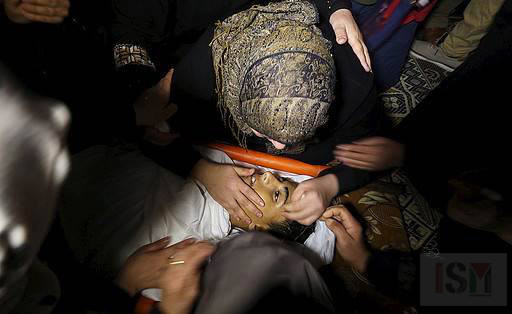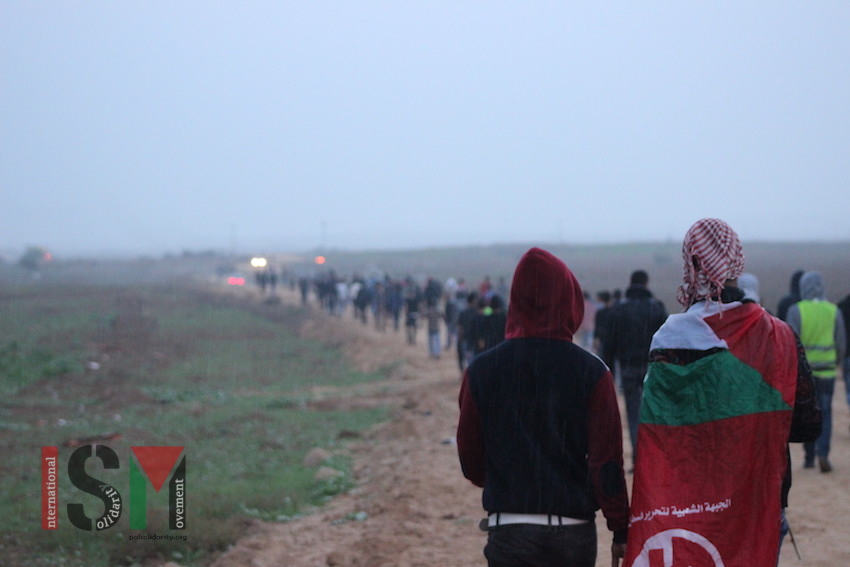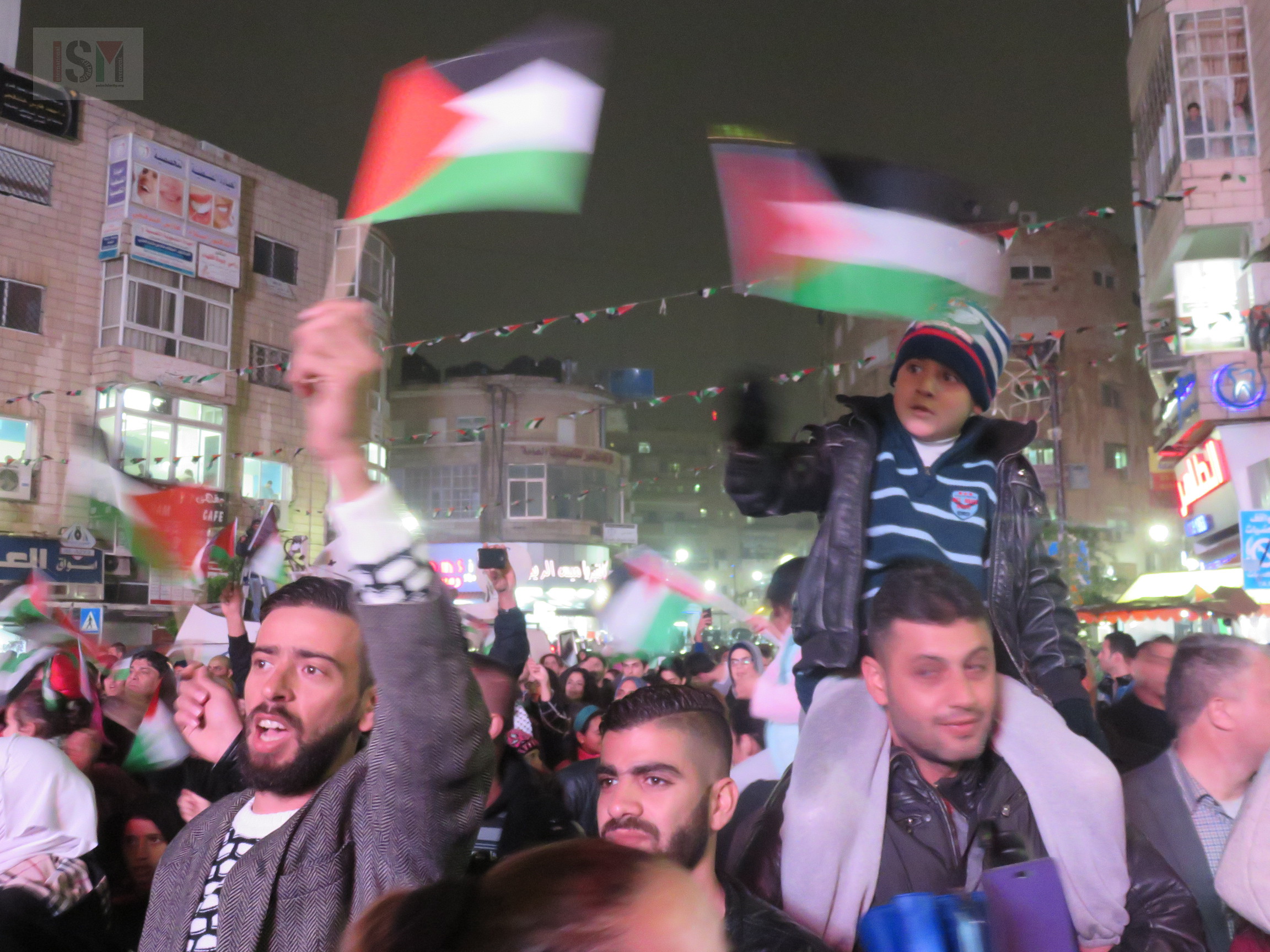Category: Features
-
Unarmed Fisherman killed by Egyptian Forces in Gaza
November 8th, 2015 | International Solidarity Movement, Gaza team | Gaza Strip, occupied Palestine Thursday evening November the 5th, Egyptian Forces opened fired on 18-year old Faris Meqdad and his younger brother while fishing in Palestinian waters. The brothers were in a small fishing vessel within the 3 nautical mile limit of the Gazan coast when…
-
Another bloody Friday in Gaza
October 8th, 2015 | International Solidarity Movement, Gaza team | Gaza Strip, occupied Palestine Israeli Forces shot and killed a 23 year old on Friday, the 6th of October, in demonstrations east of Khan Younis in the southern part of the Gaza strip. The man was identified by The Ministry of Health in Gaza as Salameh Moussa…
-
“The youth will not tire, ’till your independence”
November 7th, 2015 | International Solidarity Movement, Nablus Team | Nablus, Occupied Palestine Today, at 6 pm local time in Occupied Jerusalem, Palestinians and supporters gathered in peaceful events all over the world to sing the “unofficial” Palestinian national anthem, Mawtini (In Arabic موطني). Events were scheduled to take place in Occupied Jerusalem, Ramallah, Hebron, Nablus, Bethlehem, Jericho,…



